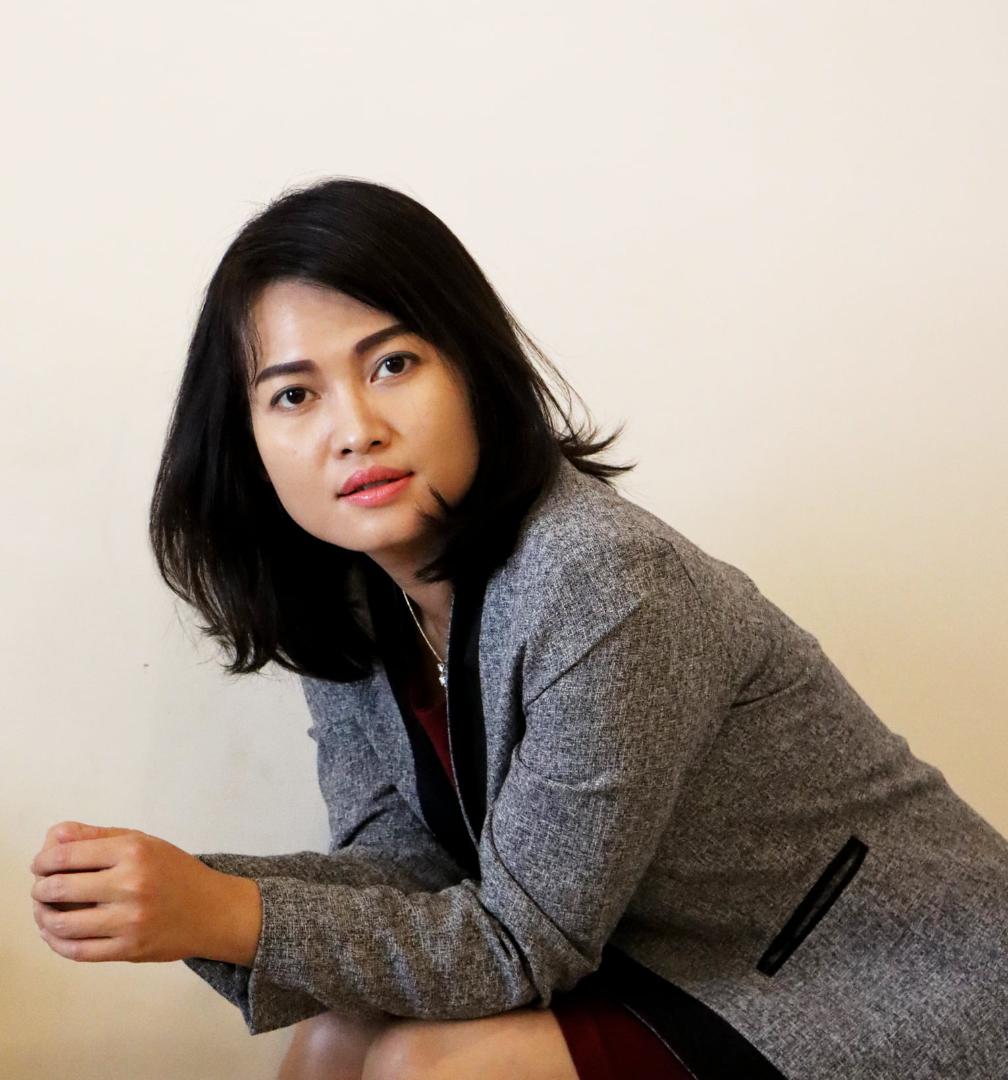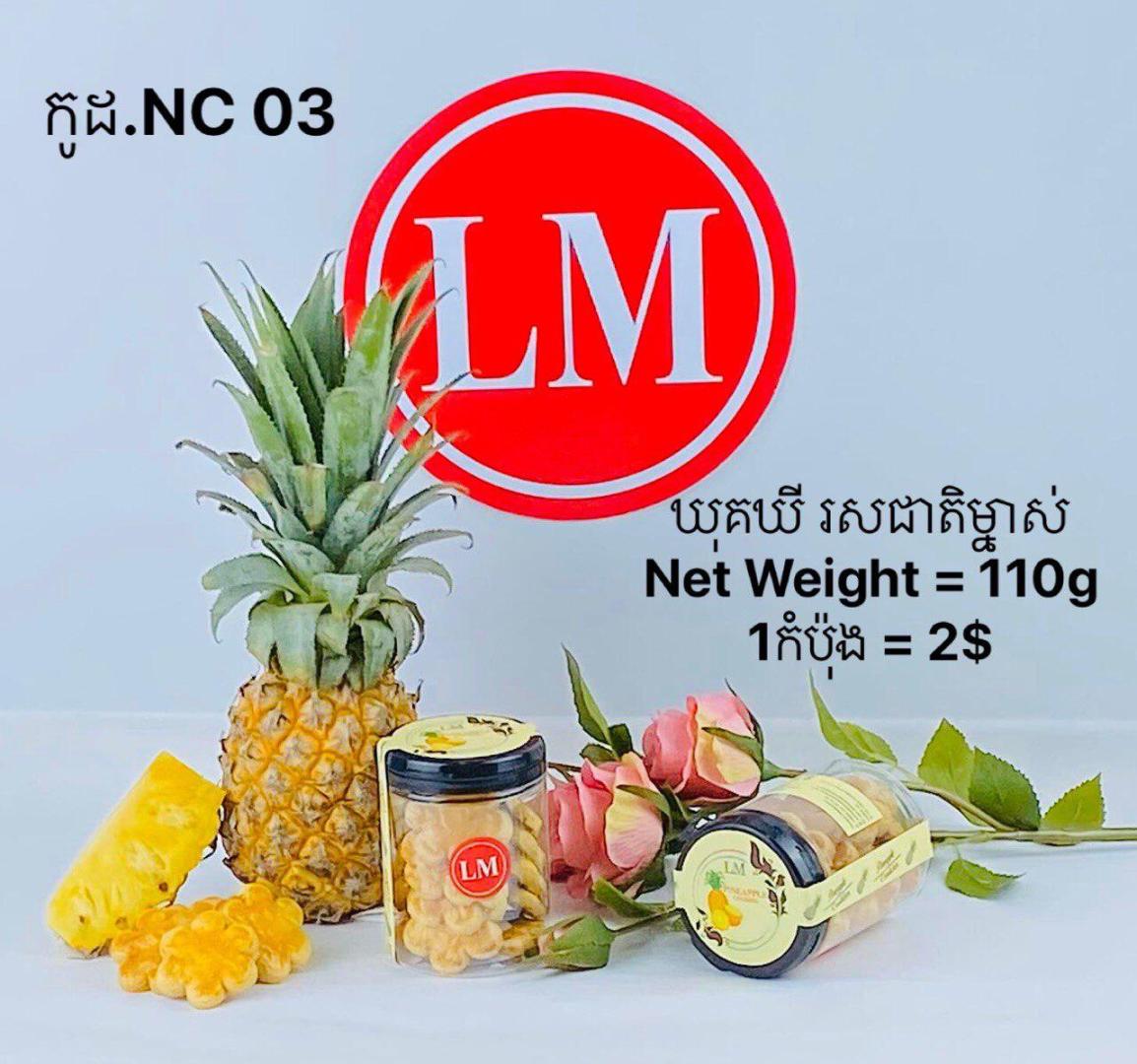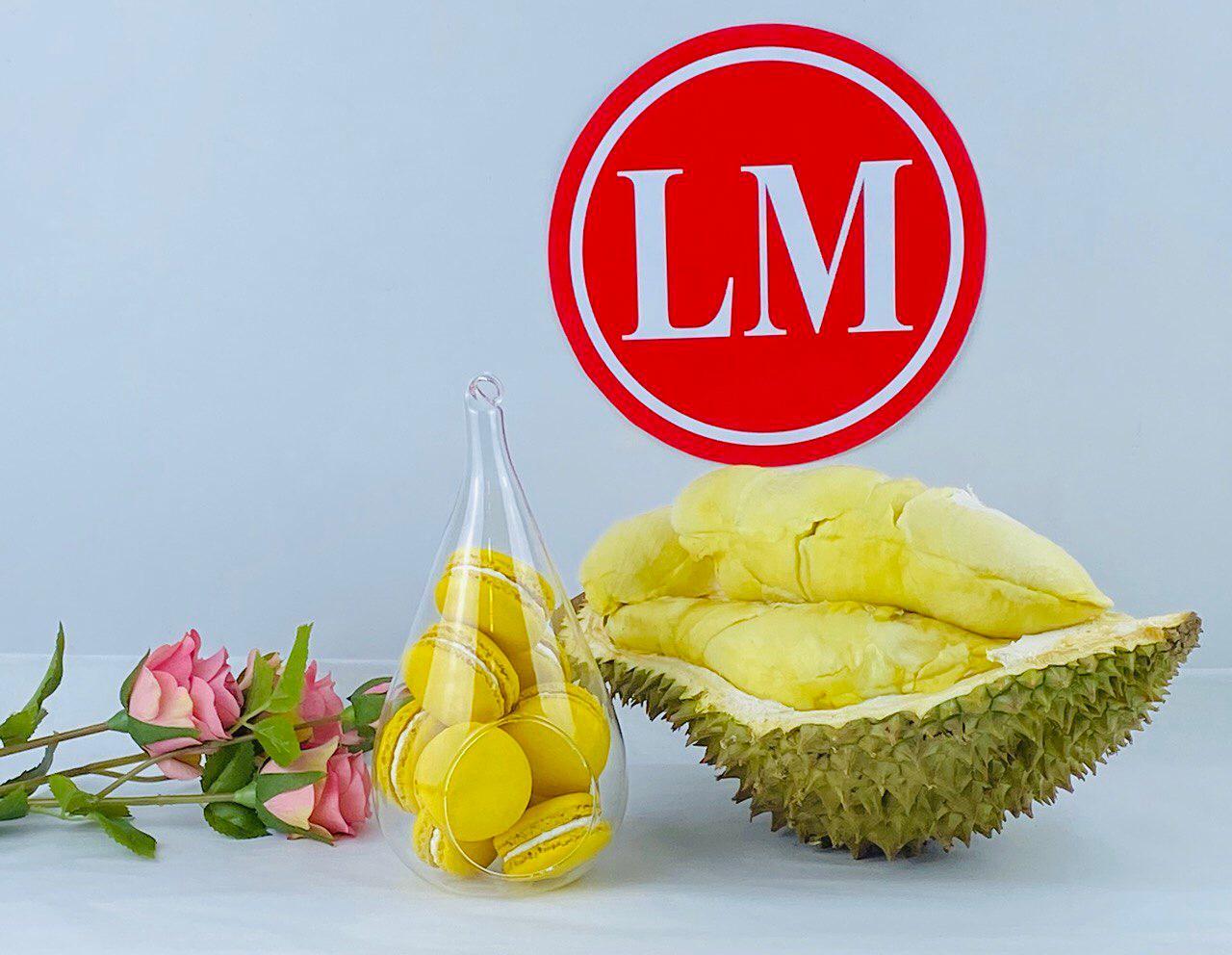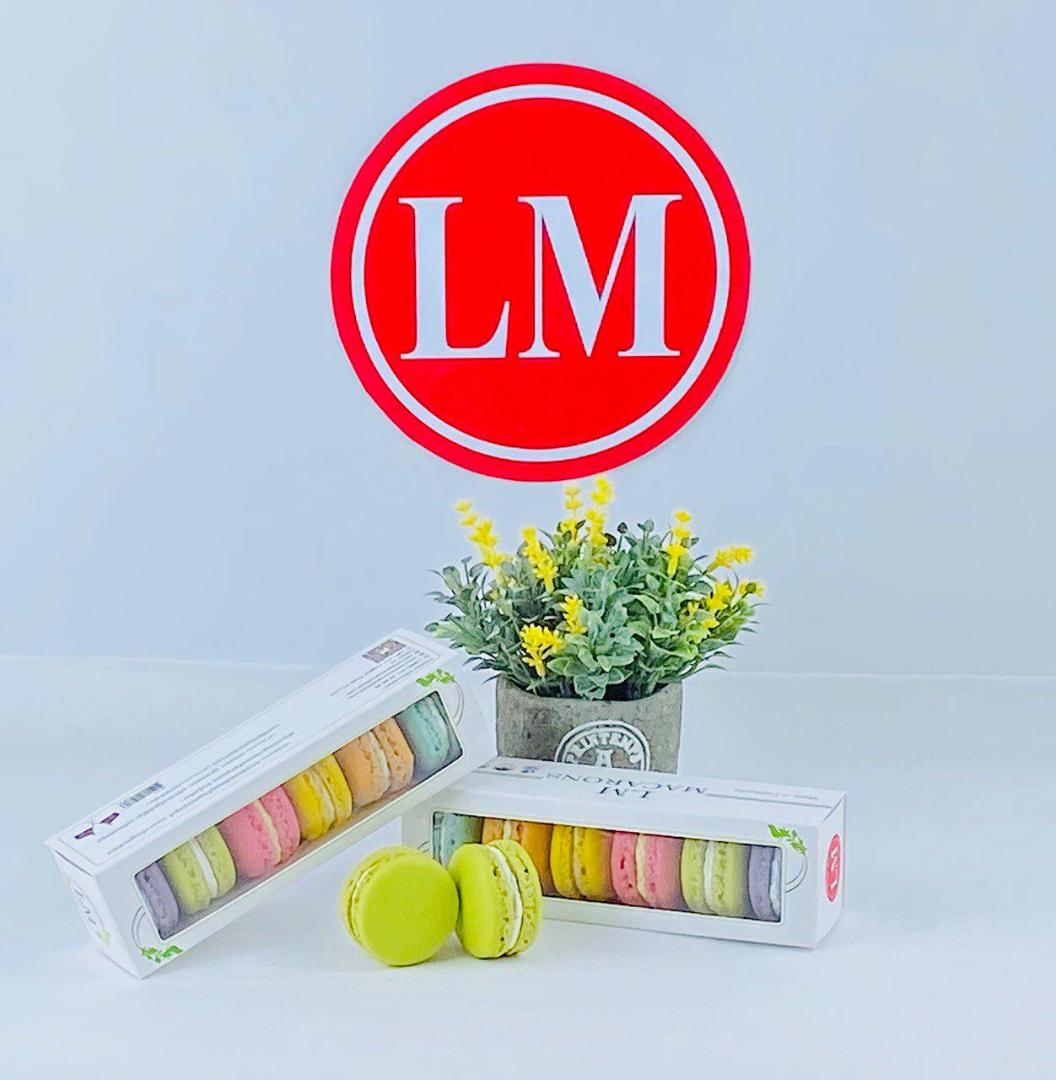The economic crisis of 2008 was felt in every country across the world. For Viriya Lim and her family, it was a life-changing event: they lost their home and had to move to the city to find a way to make a living.
It was there, observing the crowded streets of Siam Reap, that Viriya saw a gap in the market for high-quality, traditional Cambodian products that could be sold as souvenirs. In particular, visitors were keen to take home a sample of the unique local rice wine.
Learning the recipe from a family friend, Viriya set up her company, Lima Angkor Rice Wine, in 2009. Beside the range of traditional rice wines, they produced cookies, chocolate and other traditional foods that could be given as gifts. Their products have been awarded a traditional trademark for promoting Cambodian culture, incorporating authentic flavors such as mango, cashew and durian.
Viriya has overcome a number of challenges as the owner of this small business. Initially the Lima Angkor teams were selling their products on tourist buses, before progressing to running a shop in Siam Reap’s Old Market. But the rent on the shop premises, added to the fact that she needed at least two staff there at all times, made it unsustainable. They now focus on distributing their products through a network of 50 partner companies, as well as online sales through their website and social media channels.
The other big challenge is the instability of the market. Viriya had hoped that Cambodian tourists would also delight in traditional gifts for their families and friends, but instead finds the domestic market focused on foreign products, leaving her with a seasonal stream of international tourists to sell to. Viriya admits that she was disappointed at first, and still hopes to revitalize the pride of the local people in Cambodian culture. Nevertheless, she responded to the reality of the situation by designing classy and expensive-looking packaging, featuring traditional patterns, to better appeal to the foreign market. Because Lima Angkor Food is committed to avoiding the use of chemical preservatives in their range, the products often have a short shelf life of 7-10 days. For Viriya, this means selecting her outlets is very important to avoid stock going out of date on the shelves.
Challenge struck again in 2016, when new government taxes on alcohol meant the company had to drop their line of rice wine products, and rebrand the company as Lima Angkor Food, focusing more on edible treats. Lima Angkor now employs 50 people, providing job opportunities and training to residents of two villages near Siam Reap. They are currently planning to revamp their facilities, installing innovative production technology in a new factory on some land they have available. They would like to implement a sustainable design that would allow them to operate a zero-waste system.
Viriya sees digital technology as a really useful tool in marketing, communication and business management. As well as using a range of software for her business and production monitoring, they advertise through social media and work with e-commerce shops to market their products. Early on, it was a difficult balance of how much money should be invested in advertising, both online and offline on posters, leaflets and magazines. Now, Viriya feels they no longer have to spend as much on advertising as their brand is more well-known. In the future she would like Lima Angkor to have its own app for online sales, but they need the capital and technical resources to take this forward. Instead, Viriya is focusing her efforts on targeting the events industry, incorporating Lima Angkor products in everything from weddings to office parties.
The Covid pandemic of 2020 has hit the global tourist market hard, and Viriya’s business has felt the blow. There was little advance warning of the lockdown, so she was unable to scale back the production line in time, and ended up with a lot of stock but no customers to sell it to. Rather than let it go to waste, Viriya donated it to charities in Siam Reap. Although the government offered loans to businesses suffering because of the pandemic, the high administrative requirements made it impractical for Lima Angkor to access. Viriya has had to use personal savings and sell her property, committed to keeping the business running and providing a livelihood to her staff, and some of her staff have taken voluntary unpaid leave in an effort to reduce the financial burden on the company. The business is currently focusing on products with longer shelf-life that can be delivered by post, such as cookies and macaroons, until their customers return.
The principle of “pay it forward” is a strong one in successful women entrepreneurs. Viriya herself has joined the Vital Voices Grow program, having received a full Hilary Clinton Fellowship enabling her to be part of this course for small and medium enterprise (SME) owners. As well as learning via webinars, the program provides a peer-to-peer mentoring platform. Viriya hopes to learn more about international export to help open new doors for Lima Angkor, whilst using the platform to inspire other entrepreneurs. “I hope my experience can be a role model to young businesswomen about production management and developing your skills,” she says. “We have faced many challenges, 2020 being no exception, and we keep pushing forwards.”
The economic crisis of 2008 was felt in every country across the world. For Viriya Lim and her family, it was a life-changing event: they lost their home and had to move to the city to find a way to make a living.
It was there, observing the crowded streets of Siam Reap, that Viriya saw a gap in the market for high-quality, traditional Cambodian products that could be sold as souvenirs. In particular, visitors were keen to take home a sample of the unique local rice wine.
Learning the recipe from a family friend, Viriya set up her company, Lima Angkor Rice Wine, in 2009. Beside the range of traditional rice wines, they produced cookies, chocolate and other traditional foods that could be given as gifts. Their products have been awarded a traditional trademark for promoting Cambodian culture, incorporating authentic flavors such as mango, cashew and durian.
Viriya has overcome a number of challenges as the owner of this small business. Initially the Lima Angkor teams were selling their products on tourist buses, before progressing to running a shop in Siam Reap’s Old Market. But the rent on the shop premises, added to the fact that she needed at least two staff there at all times, made it unsustainable. They now focus on distributing their products through a network of 50 partner companies, as well as online sales through their website and social media channels.
The other big challenge is the instability of the market. Viriya had hoped that Cambodian tourists would also delight in traditional gifts for their families and friends, but instead finds the domestic market focused on foreign products, leaving her with a seasonal stream of international tourists to sell to. Viriya admits that she was disappointed at first, and still hopes to revitalize the pride of the local people in Cambodian culture. Nevertheless, she responded to the reality of the situation by designing classy and expensive-looking packaging, featuring traditional patterns, to better appeal to the foreign market. Because Lima Angkor Food is committed to avoiding the use of chemical preservatives in their range, the products often have a short shelf life of 7-10 days. For Viriya, this means selecting her outlets is very important to avoid stock going out of date on the shelves.
Challenge struck again in 2016, when new government taxes on alcohol meant the company had to drop their line of rice wine products, and rebrand the company as Lima Angkor Food, focusing more on edible treats. Lima Angkor now employs 50 people, providing job opportunities and training to residents of two villages near Siam Reap. They are currently planning to revamp their facilities, installing innovative production technology in a new factory on some land they have available. They would like to implement a sustainable design that would allow them to operate a zero-waste system.
Viriya sees digital technology as a really useful tool in marketing, communication and business management. As well as using a range of software for her business and production monitoring, they advertise through social media and work with e-commerce shops to market their products. Early on, it was a difficult balance of how much money should be invested in advertising, both online and offline on posters, leaflets and magazines. Now, Viriya feels they no longer have to spend as much on advertising as their brand is more well-known. In the future she would like Lima Angkor to have its own app for online sales, but they need the capital and technical resources to take this forward. Instead, Viriya is focusing her efforts on targeting the events industry, incorporating Lima Angkor products in everything from weddings to office parties.
The Covid pandemic of 2020 has hit the global tourist market hard, and Viriya’s business has felt the blow. There was little advance warning of the lockdown, so she was unable to scale back the production line in time, and ended up with a lot of stock but no customers to sell it to. Rather than let it go to waste, Viriya donated it to charities in Siam Reap. Although the government offered loans to businesses suffering because of the pandemic, the high administrative requirements made it impractical for Lima Angkor to access. Viriya has had to use personal savings and sell her property, committed to keeping the business running and providing a livelihood to her staff, and some of her staff have taken voluntary unpaid leave in an effort to reduce the financial burden on the company. The business is currently focusing on products with longer shelf-life that can be delivered by post, such as cookies and macaroons, until their customers return.
The principle of “pay it forward” is a strong one in successful women entrepreneurs. Viriya herself has joined the Vital Voices Grow program, having received a full Hilary Clinton Fellowship enabling her to be part of this course for small and medium enterprise (SME) owners. As well as learning via webinars, the program provides a peer-to-peer mentoring platform. Viriya hopes to learn more about international export to help open new doors for Lima Angkor, whilst using the platform to inspire other entrepreneurs. “I hope my experience can be a role model to young businesswomen about production management and developing your skills,” she says. “We have faced many challenges, 2020 being no exception, and we keep pushing forwards.”










